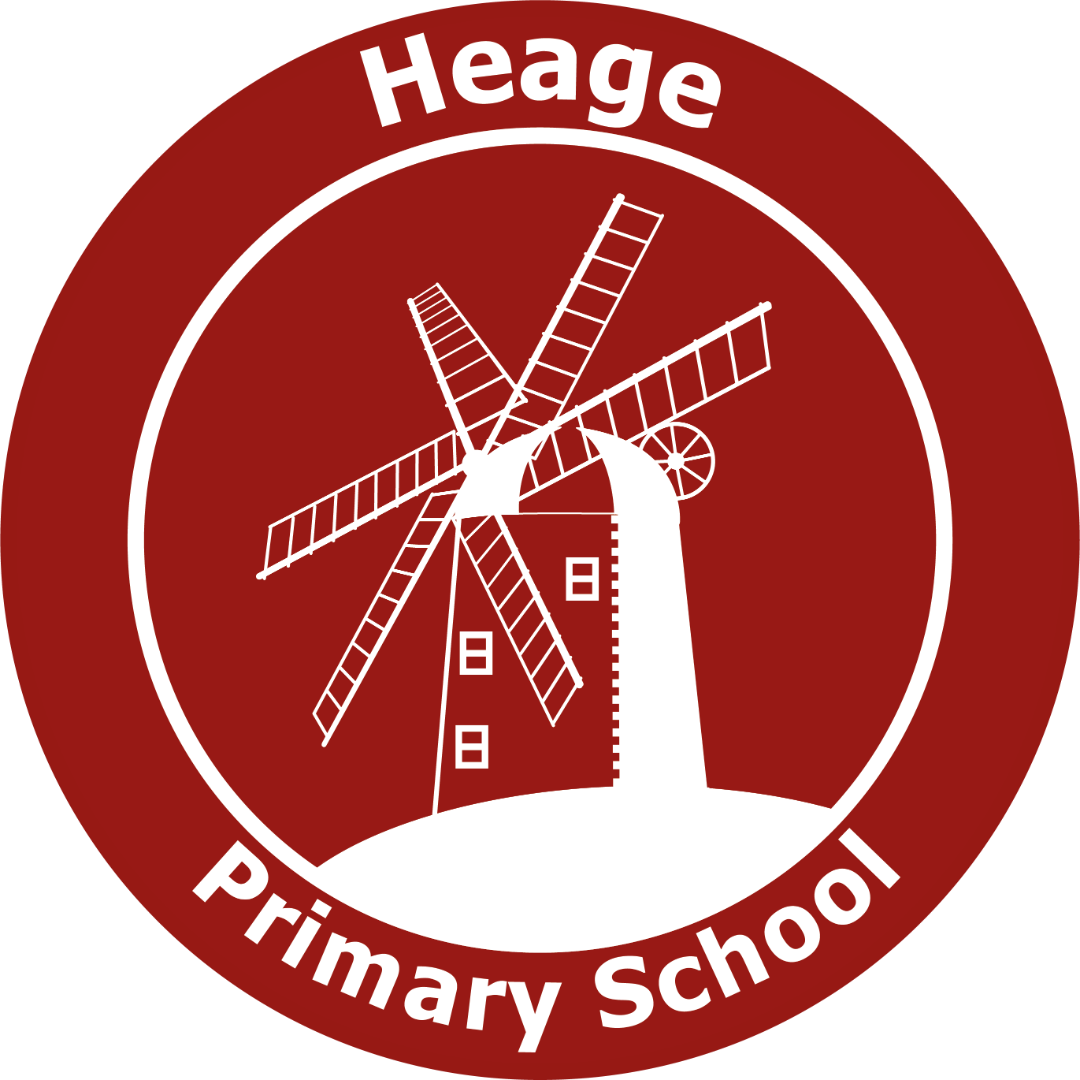Raven Tor (Y6) Mrs Roberts
Hello and welcome to Year 6!
As the oldest in the school, we have incredibly high expectations of our Year 6 pupils, so they can set a fabulous example to our younger pupils. We encourage all our Year 6s to take on leadership roles and responsibilities, ranging from Mini-Leaders to House Captains and beyond!
End of Year Expectations for Year 6
On this page you'll find information on the end-of-year expectations for children in Year Six of our school. The National Curriculum outlines these expectations as being the minimum requirements your child must meet in order to ensure continued progress. All the objectives will be worked on throughout the year and will be the focus of direct teaching. Any extra support you can provide in helping your children with maths, reading and writing will be greatly beneficial and valued. Please speak to your child's class teacher for further information.
Mathematics
By the end of Year Six, your child will be able to:
-
Use negative numbers in context and calculate intervals across zero.
-
Compare and order numbers up to 10,000,000.
-
Identify common factors, common multiples and prime numbers.
-
Round any whole number to a required degree of accuracy.
-
Identify the value of each digit to 3 decimal places.
-
Use knowledge of order of operations to carry out calculations involving four operations.
-
Multiply 4-digit by 2-digit
-
Divide 4-digits by 2-digits
-
Add and subtract fractions with different denominators and mixed numbers.
-
Multiply simple pairs of proper fractions, writing the answer in the simplest form.
-
Divide proper fractions by whole numbers.
-
Calculate the percentage of the whole number.
Writing
By the end of Year 6, your child will be able to:
- Write effectively for a range of purposes and audiences, selecting language that shows good awareness of the reader.
- Describe settings, characters and atmosphere.
- Integrate dialogue in narratives to convey character and advance the action.
- Select vocabulary and grammatical structures that reflect what the writing requires, doing this mostly appropriately.
- Use a range of devices to build cohesion within and across paragraphs.
- Use verb tenses consistently and correctly throughout their writing.
- Use the range of punctuation taught at key stage 2 mostly correctly.
- Spell correctly most words from the year 5 / year 6 spelling list and use a dictionary to check the spelling of uncommon or more ambitious vocabulary.
- Maintain legibility in joined handwriting when writing at speed.
Reading
- Apply their growing knowledge of root words, prefixes and suffixes (morphology and etymology), as listed in English appendix 1, both to read aloud and to understand the meaning of new words that they encounter.
- Maintain positive attitudes to reading and an understanding of what they read by:
- Reading and discussing an increasingly wide range of fiction, poetry, plays, non-fiction and reference books or textbooks.
- Reading books that are structured in different ways and reading for a range of purposes.
- Increasing their familiarity with a wide range of books.
- Recommending books that they have read to their peers.
- Identifying and discussing themes and conventions in and across a wide range of writing.
- Making comparisons within and across books.
- Learning a wider range of poetry by heart.
- Preparing poems and plays to read aloud and to perform, showing understanding through intonation, tone and volume so that the meaning is clear to an audience.
- Understand what they read by:
- Checking that the book makes sense to them, discussing their understanding and exploring the meaning of words in context.
- Asking questions to improve their understanding.
- Drawing inferences such as inferring characters’ feelings, thoughts and motives from their actions, and justifying inferences with evidence.
- Predicting what might happen from details stated and implied.
- Summarising the main ideas drawn from more than 1 paragraph, identifying key details that support the main ideas.
- Identifying how language, structure and presentation contribute to meaning.
- Discuss and evaluate how authors use language, including figurative language, considering the impact on the reader.
- Distinguish between statements of fact and opinion.
- Retrieve, record and present information from non-fiction.
- Participate in discussions about books that are read to them and those they can read for themselves.
- Explain and discuss their understanding of what they have read, including through formal presentations and debates.
- Provide reasoned justifications for their views.
